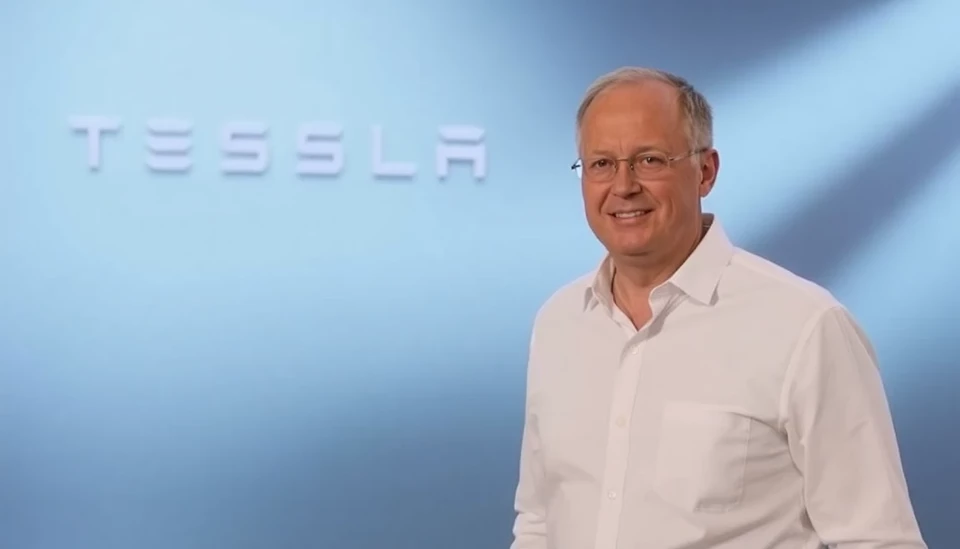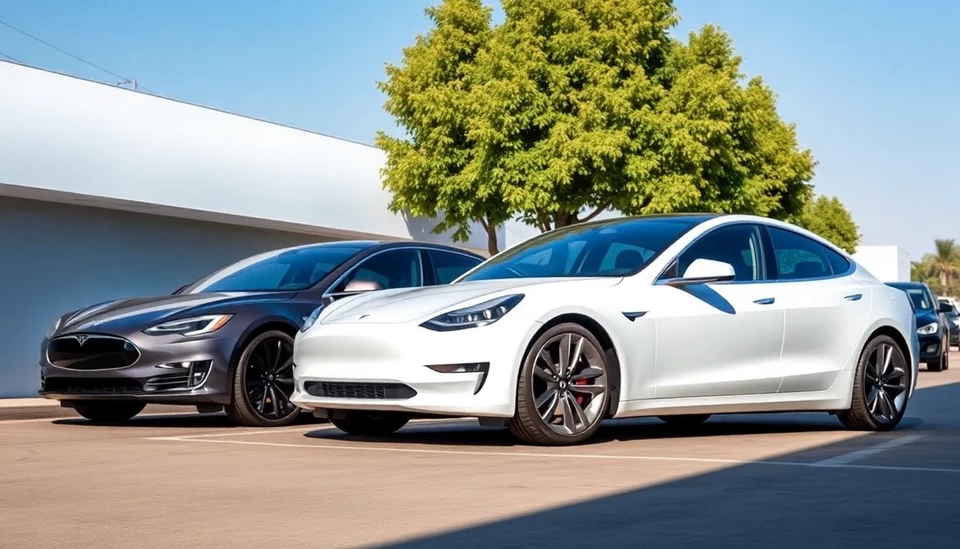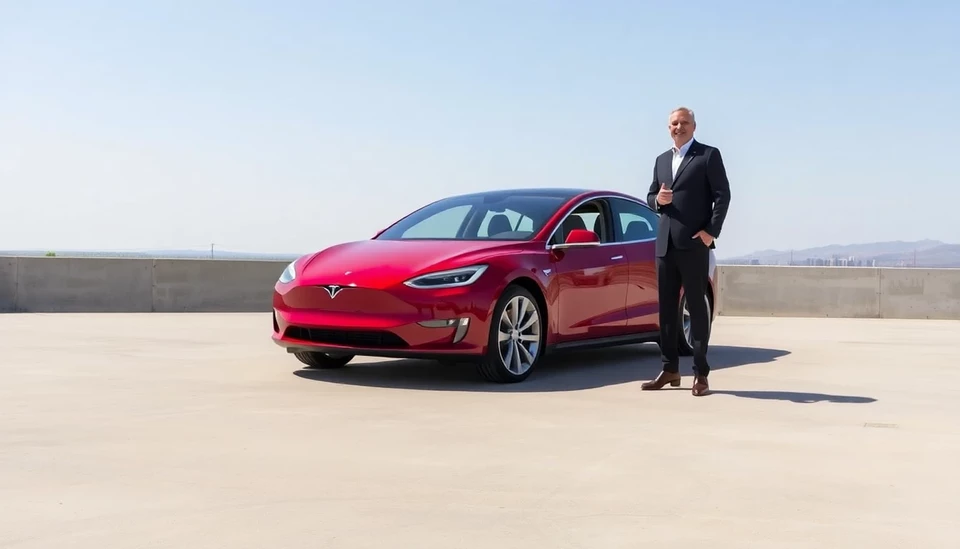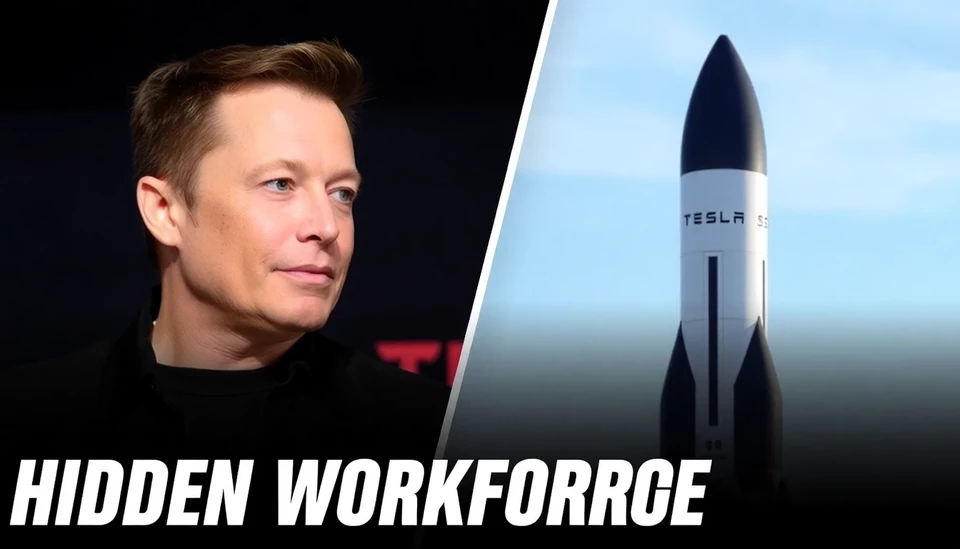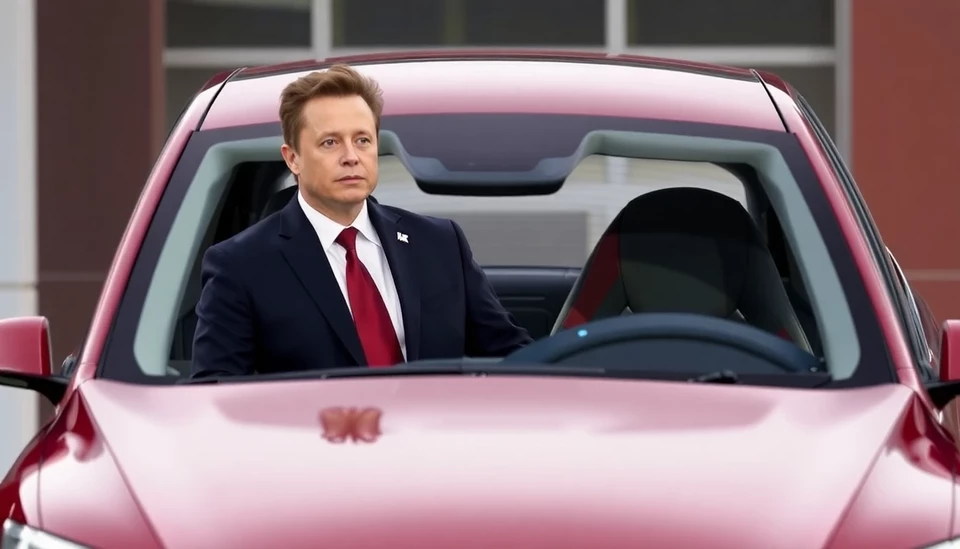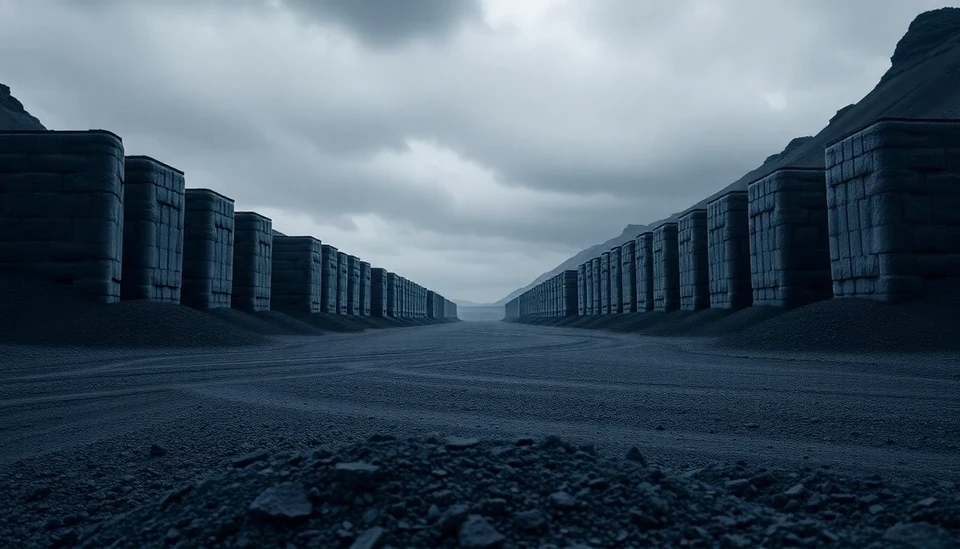
Tesla, the electric vehicle (EV) manufacturing titan led by CEO Elon Musk, is currently engaged in a significant legal showdown concerning tariffs that could impact the price of key components used in battery production. This conflict puts Musk in direct opposition to former President Donald Trump, who has championed these tariffs as part of his administration's broader trade policy.
The crux of the issue revolves around tariffs imposed on graphite, a vital material used in lithium-ion batteries. These tariffs were aimed at curbing imports from certain countries, including China, which has historically supplied a considerable amount of graphite to the U.S. market. The Biden administration's trade policies are also being scrutinized as Tesla fights to eliminate these tariffs, arguing that they will ultimately hinder the growth of the domestic EV market by increasing costs for manufacturers and, in turn, consumers.
The legal action comes at a time when the demand for electric vehicles is surging, driven by a growing focus on sustainable energy and climate change initiatives. However, Musk argues that the continuation of these tariffs is counterproductive, as they raise production costs and make electric vehicles less accessible to the average consumer. In statements made during recent interviews, Musk expressed concern that excessive tariffs could stifle innovation in a burgeoning sector that is crucial to the U.S. economy’s transition towards greener technologies.
On the other hand, Trump's administration defended these tariffs as necessary measures to protect American jobs and industries from foreign competition, particularly from China. The former president has been a strong proponent of using trade policy as a tool to bolster U.S. manufacturing capabilities, a stance that resonated with many of his supporters.
This conflict is particularly notable considering Elon Musk's previous interactions with Trump during his presidency. Musk, who was appointed to a White House advisory council, has navigated a complex relationship with Trump's administration, advocating for clean energy policies while also showing resistance to certain trade practices that he believes could harm his company's bottom line.
The outcome of this legal fight will have significant implications not only for Tesla but for the broader EV industry. The stakes are high as manufacturers scramble to meet growing demand while managing supply chain challenges, and tariffs on essential materials could complicate these efforts. As Tesla positions itself in this legal battle, the company is also strategically working to diversify its supply chain, hoping to mitigate any potential disruptions caused by import tariffs.
Investors and industry experts are closely monitoring the situation, as the decision could set a precedent for how the U.S. government addresses trade policies related to the evolving electric vehicle sector. With sustainability at the forefront of global discussions, how the U.S. balances protectionist policies with the need for innovation and accessibility in the EV market will be critical in shaping the future of the industry.
As this situation unfolds, it highlights the intricate interplay between government trade policies, corporate interests, and emerging technologies. The tensions between Elon Musk and Donald Trump over these tariffs may serve as a microcosm of broader debates regarding the direction of U.S. economic policy in relation to global trade dynamics.
For fans of Tesla and observers of the EV market, the stakes have never been higher. The eventual resolution of this conflict will likely reverberate through the automotive industry and beyond, influencing everything from policy decisions to consumer prices for electric vehicles.
#Tesla #ElonMusk #DonaldTrump #EV #GraphiteTariffs #ElectricVehicles #TradePolicy #CleanEnergy #Sustainability
Author: Samuel Brooks
